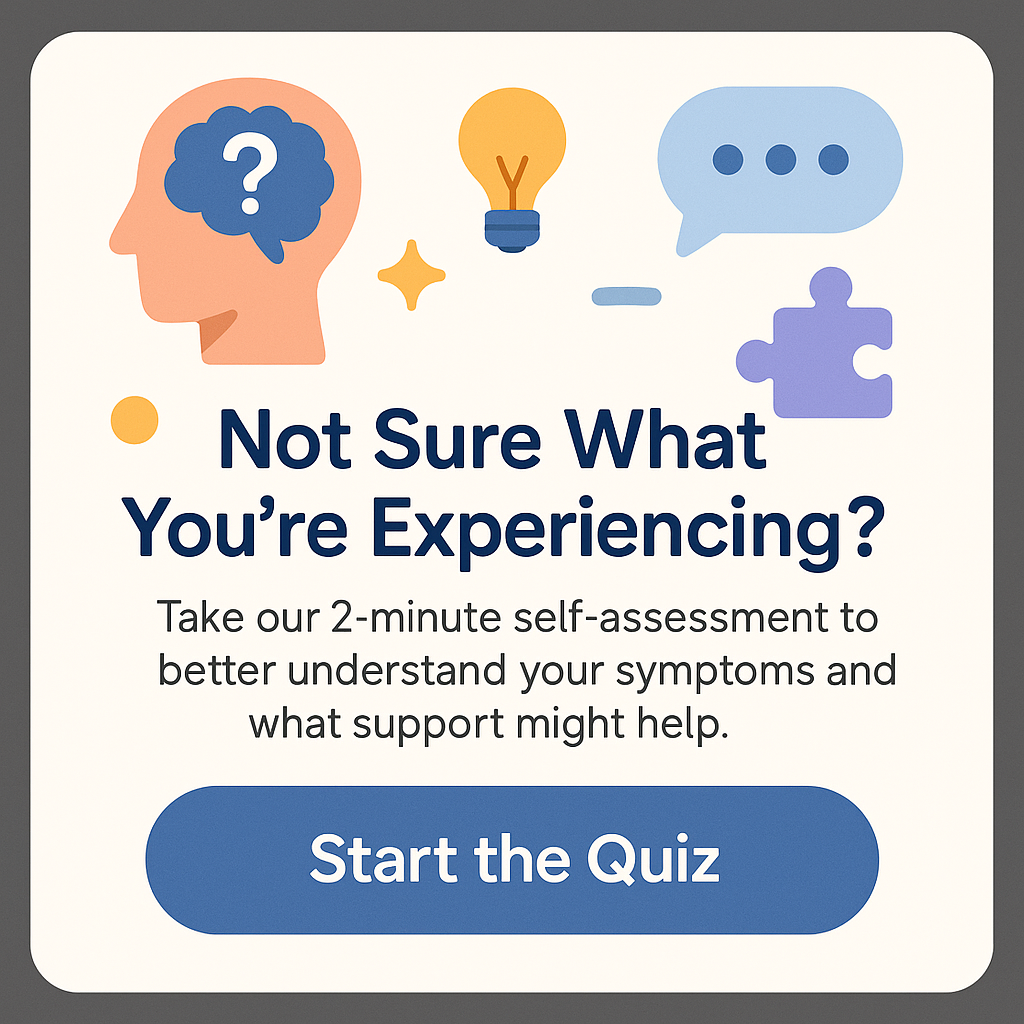Can Autism Get Worse If Untreated?
Can autism get worse if untreated? This question weighs heavily on the minds of many parents and caregivers of individuals on the autism spectrum. Autism Spectrum Disorder (ASD) is a complex condition that affects social interaction, communication, and behavior. Understanding the progression of autism is crucial for families and society alike. This article delves into the nature of autism, how it may evolve over time, and the consequences of not pursuing appropriate treatment or interventions. We’ll also discuss the importance of early diagnosis and what steps can be taken to foster developmental growth.
Understanding Autism Spectrum Disorder
Defining autism doesn’t fit in a neat little box. ASD is a spectrum, meaning it encompasses a wide range of symptoms and challenges. Some individuals may be high-functioning, while others may require more extensive support. Early signs of autism can include difficulties in making eye contact, challenges in language development, and limited ability to understand social cues. But what happens if autism is left untreated? Can autism get worse if untreated? Let’s explore this question further.
The progression of autism can be influenced by various factors, including individual differences, family support, and the availability of resources. For some individuals, symptoms might stabilize over time, while others may experience an intensification of their struggles. Research suggests that without intervention, many individuals may face increased difficulties in social relationships, academics, and overall life satisfaction.
As children with autism grow, they may encounter new challenges. The social demands of adolescence, for example, can pose significant hurdles for those who have not received support. They may struggle to form friendships, deal with bullying, or experience anxiety. These hurdles can lead to a decline in mental health and increase feelings of isolation. Therefore, addressing the question of whether autism can worsen if untreated is not just an abstract concern—it’s a real-world issue that affects the lives of many.
Early intervention plays a critical role in shaping outcomes for children with autism. Evidence shows that therapies, such as behavioral interventions, communication training, and social skills training, can significantly improve functioning. When these interventions are implemented early, they can help mitigate the impact of autism symptoms and promote more effective coping strategies. Hence, while some children may develop well into adulthood without significant treatment, the majority benefit greatly from early and ongoing support.
Signs and Symptoms of Untreated Autism
Can autism get worse if untreated? One way to understand this concept is to recognize the signs and symptoms that may emerge as individuals on the spectrum age. In children, symptoms can include repetitive behaviors, extreme sensitivity to sensory input, and challenges in communication. As they transition into adolescence and adulthood, many of these symptoms can manifest differently.
For instance, social interactions become increasingly complex with age. An untreated individual may struggle to navigate these social landscapes, leading to confusion and frustration. Imagine trying to participate in a group conversation where everyone talks over each other—this can be particularly daunting for someone on the spectrum. Such difficulties may lead to social withdrawal and an increased sense of loneliness.
Furthermore, untreated autism can contribute to co-occurring mental health issues. Anxiety and depression are commonly reported among individuals with autism who have not received adequate support. The pressure of social expectations, emotional regulation challenges, and feelings of being misunderstood can culminate in significant distress.
Academic challenges can also be a symptom of untreated autism. Children may find it difficult to focus in class or understand the material being taught, which can lead to academic underachievement. Over time, this could result in lower self-esteem, further perpetuating the cycle of avoidance and withdrawal.
It is essential to document and monitor these signs within individuals on the autism spectrum. Early recognition of these emerging challenges can facilitate timely intervention, allowing for approaches like cognitive-behavioral therapy, occupational therapy, and family support programs to be introduced.
Available Treatments and Their Impact
The conversation shifts when we consider treatment options. If we address the question: Can autism get worse if untreated? The answer appears to be a resounding yes, but this can be mitigated through various therapies and interventions. Treatments for autism aim to support individuals in leading fulfilling lives. These can include:
- Behavioral Therapy: Approaches like Applied Behavioral Analysis (ABA) can teach essential skills to help manage behaviors and increase positive interactions.
- Speech Therapy: Many individuals with autism experience delays in language acquisition. Speech therapy can enhance communication skills, providing individuals with the tools to express their needs.
- Occupational Therapy: This form of therapy assists individuals in developing life skills crucial for independence, including self-care and social skills.
- Social Skills Training: Tailored programs can help individuals learn how to interact more successfully with peers.
- Family Support: Involving family in treatment can be effective in creating a supportive environment and facilitating understanding.
Each of these approaches can be integral in improving the quality of life for those on the autism spectrum. The earlier these interventions begin, the better the outcomes tend to be—support is transformative.
Furthermore, ongoing education and advocacy play critical roles in shaping perceptions about autism. Awareness helps rectify misconceptions while fostering a more inclusive environment for those affected by autism.
Long-Term Effects of Untreated Autism
While discussing the question: Can autism get worse if untreated? we must also consider the long-term implications of untreated autism. Ignoring the signs can lead to profound impacts on an individual’s life trajectory. These long-term effects often cascade into various domains—personal, professional, and emotional.
As individuals with autism grow into adulthood, untreated symptoms might lead to problems with employment and social functioning. In many cases, individuals find it difficult to adapt in the workplace due to communication barriers and social anxieties. A limited understanding of social nuances can hinder career advancement, potentially leading to feelings of failure and frustration.
The impact of autism doesn’t just stretch to one’s professional life. Relationships can suffer as well. Building friendships or romantic partnerships may become complicated when individuals struggle with empathy and emotional understanding. This withdrawal can lead to chronic loneliness and exacerbate mental health issues like depression and anxiety.
The financial aspect is another critical dimension. Individuals who don’t receive the necessary support may require additional resources later in life, such as counseling or vocational training, which might have been more effective if provided earlier. Families can become overwhelmed by the challenges of raising a child with untreated autism, experiencing emotional costs and potential financial strains that come with long-term support.
Moreover, untreated autism can perpetuate a cycle of misunderstanding and stigma. Individuals may face societal challenges that leave them marginalized, hence emphasizing the need for a comprehensive understanding of autism, its symptoms, and the critical role of early intervention.
The Role of Education and Advocacy
Some may ask, “What steps can we take to ensure autism is treated effectively?” The answer lies in education and advocacy. It’s essential for parents, teachers, and communities to recognize the signs of autism and pursue intervention. Educational institutions should provide the necessary support for children with autism in classrooms—using specialized approaches that cater to their learning needs.
Advocacy initiatives can help raise awareness and influence policy, encouraging schools and local governments to allocate funding toward autism programs. Representation in media and narratives surrounding autism can help combat stigma and foster acceptance.
Individuals with autism deserve access to resources that empower them to thrive in society. By promoting understanding and acceptance, we can create a more inclusive environment that works with individuals rather than against their unique work styles and communication preferences.
Conclusion
In summary, the question: Can autism get worse if untreated? highlights a significant concern for families navigating this complex condition. Autism Spectrum Disorder encompasses a wide range of challenges, and untreated symptoms can evolve into more complex issues that severely impact an individual’s quality of life. However, early intervention can lead to profound improvements in social skills, communication, and emotional health. Empowering individuals through access to effective treatments is the key to harnessing strengths and navigating difficulties associated with autism. Education, acceptance, and support are fundamental in making progress toward a world where autism can be understood and treated effectively.
Frequently Asked Questions (FAQs)
- Can autism symptoms improve with treatment?
Yes, many individuals see significant improvements with appropriate interventions and support strategies. - Is autism more severe in untreated cases?
Often, untreated autism can lead to worsening symptoms and social difficulties over time. - What types of therapies are beneficial for autism?
Behavioral therapies, speech therapy, and occupational therapy are commonly used and effective. - Can adults with autism benefit from treatment?
Absolutely! Adults can also benefit from therapies aimed at enhancing social skills and emotional well-being. - How can I advocate for someone with autism?
Being educated about autism, supporting inclusion, and positively sharing experiences can foster advocacy.
Understanding autism is vital to ensure that those affected receive the appropriate support and opportunities to thrive.
How Much Does an Autism Diagnosis Cost in Canada?
What are the 12 Signs of Autism in Adults?
How to Get Autism Diagnosis Ontario Adults – A Comprehensive Guide







